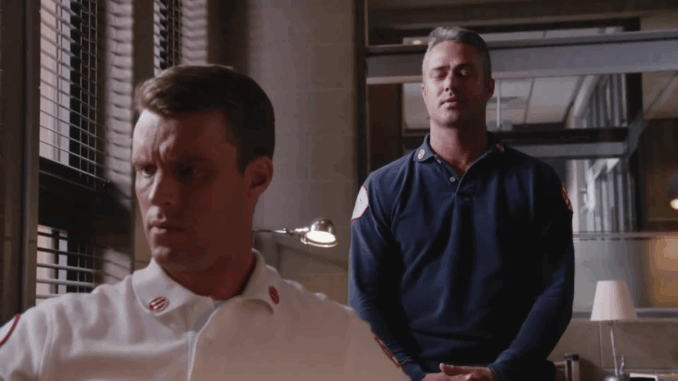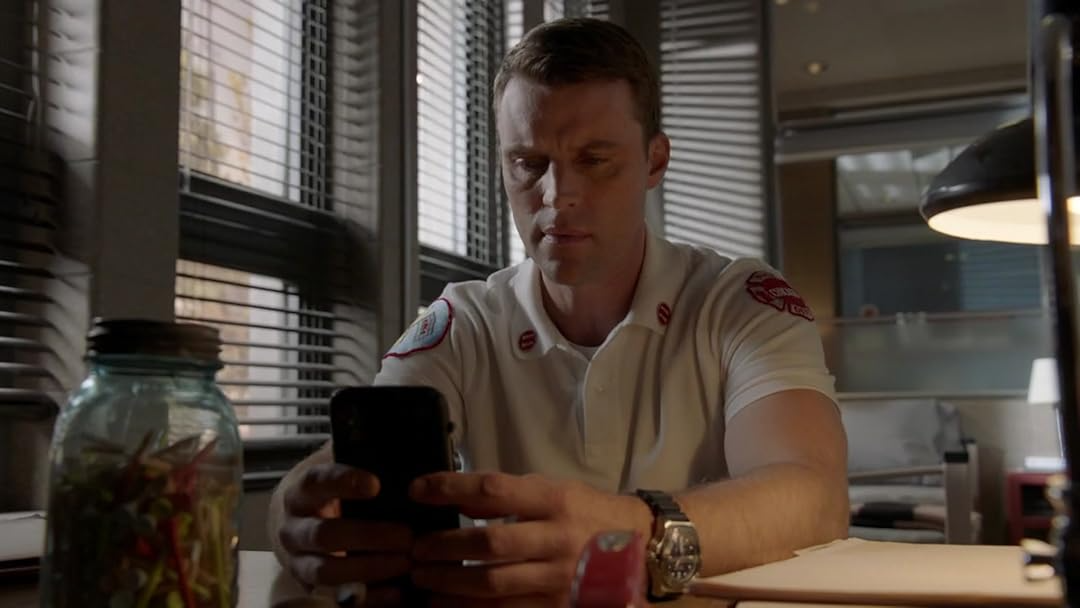
The Firehouse Shaken: When Life and Death Collide
The stabbing that stopped fans’ hearts
In the emotionally shattering episode “The Beating Heart,” Chicago Fire offers a moment of television that lingers long after the credits roll. What begins as a routine call escalates into one of the series’ most harrowing turning points: Christopher Herrmann is stabbed while trying to de-escalate a domestic situation. The scene is sudden, brutal, and realistic—dramatized just enough to reflect the horrifying unpredictability of frontline service.
The moment Herrmann goes down, everything slows. The camera lingers not on gore, but on stunned faces, desperate radio calls, and the rapid response to save a brother. We are reminded that for all their bravery, these firefighters are vulnerable. The fear is palpable, and the emotional fallout is immediate and raw.
What follows is a masterclass in pacing and tension. Herrmann is rushed to Chicago Med, and the mood at Firehouse 51 darkens. The usually composed team is shaken, and the writers use this to explore character depths rarely seen in the heat of an emergency. Otis’s quiet panic contrasts with Dawson’s steely determination. Casey, struggling with leadership, must balance his own emotions while guiding the team forward.

One of the most powerful elements of this episode is the way it interweaves medical drama with emotional suspense. The parallel scenes at the hospital—frantic efforts to stabilize Herrmann, conflicting updates, silent prayers—bring out the vulnerability in a group known for charging into danger.
The episode also highlights the strength of Chicago Fire’s ensemble cast. David Eigenberg delivers a haunting performance, even unconscious. But it’s the reactions around him that deepen the impact. There’s no over-the-top heroics, no melodramatic declarations. Just quiet, often wordless moments that speak volumes: clenched jaws, pacing boots, tight hugs.
By the time the episode ends, we’re reminded that heroism doesn’t just happen in fire—it happens in waiting rooms, in loyalty, in the ability to carry each other through the worst days. “The Beating Heart” doesn’t rely on spectacle to be powerful; it relies on emotional honesty. And in doing so, it burns its way into the soul of the show.